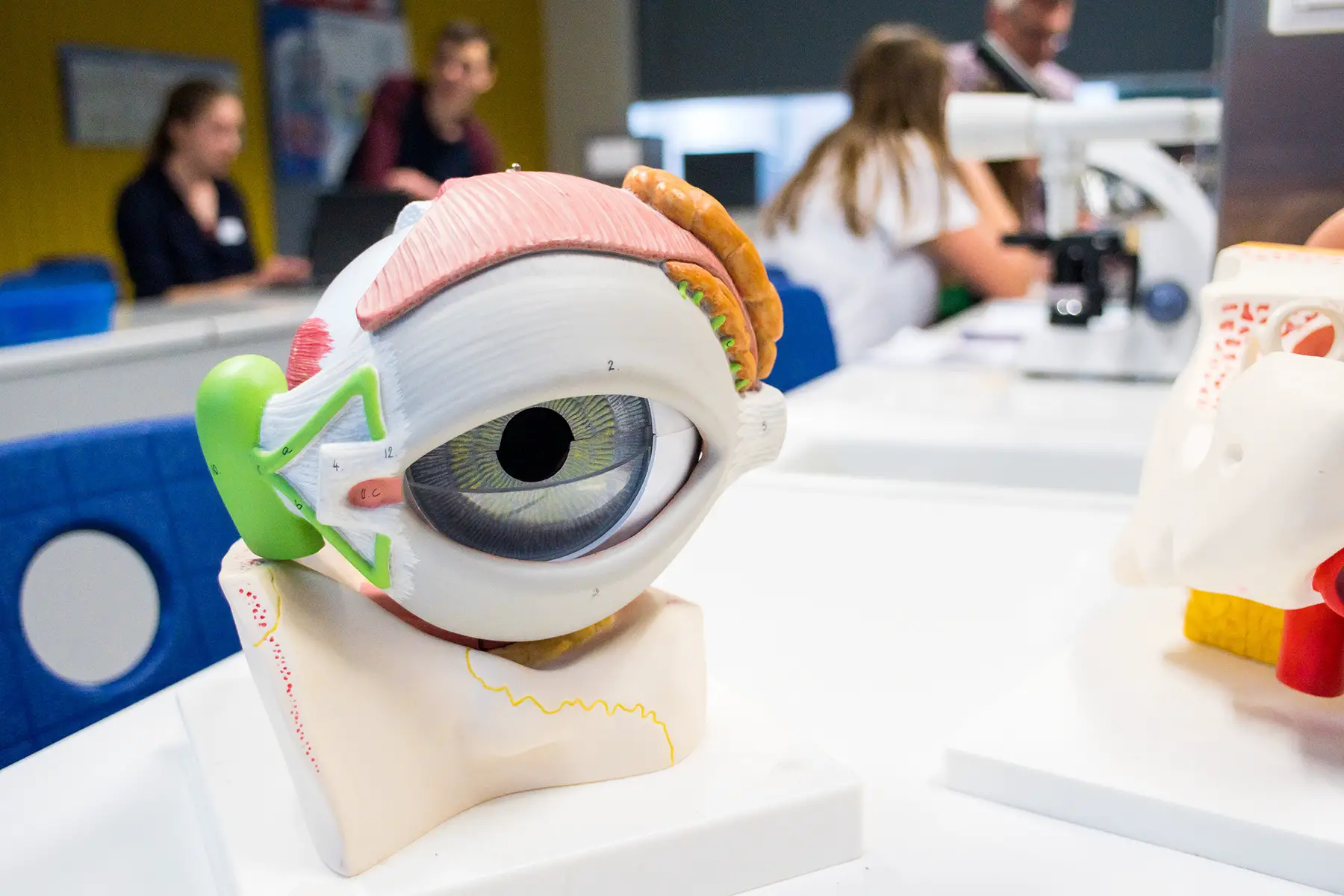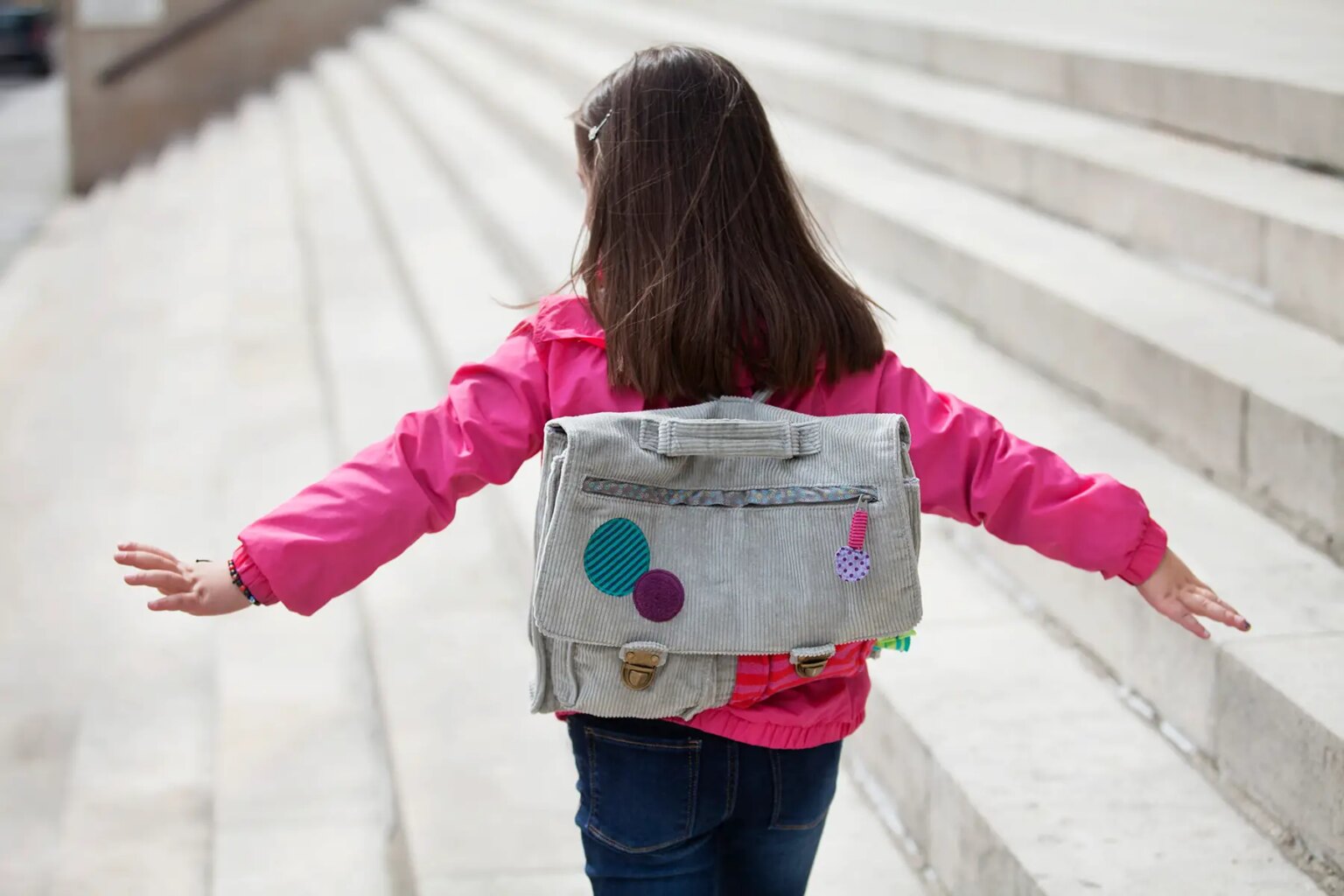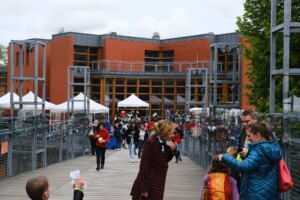The International Baccalaureate (IB) education system is favored by expat families and relocating school-age students worldwide. IB students in Belgium benefit from gold-standard education that guides children from their early years of development through to high school programs recognized by the world’s top universities.
When moving abroad as a family, ensuring children have access to good schooling is chief among expat concerns. The International Baccalaureate was established in 1968 to address this issue. As of March 2023, around 7,800 IB programs are on offer globally, across more than 5,600 schools in 159 countries. Centered primarily around Brussels (Dutch: Brussel, French: Bruxelles) and Antwerp, the Belgian IB system combines quality education with student diversity to ensure bright young minds can thrive in a globalizing world.
If you want to know more, read on to learn further about these topics below:
- What is the International Baccalaureate (IB)?
- Belgium’s growing International Baccalaureate system
- Finding an International Baccalaureate school
- How much do IB schools in Belgium cost?
- Universities that accept International Baccalaureate graduates
- Pros and cons of the International Baccalaureate in Belgium
- The application process for IB students in Belgium
- Useful resources
What is the International Baccalaureate (IB)?
In its mission statement, the International Baccalaureate (IB) aims to “develop inquiring, knowledgeable, and caring young people who help to create a better and more peaceful world through intercultural understanding and respect.” It started in 1968.

Simply put, the purpose of the IB is to reward student curiosity and creativity through a more holistic approach to education; gone are the days of rote memorization. For example, in IB schools in Belgium, students learn the subject matter and understand why they have to learn it.
The IB offers four distinct programs:
- Primary Years Program (PYP)
- Middle Years Program (MYP)
- Diploma Program (DP)
- Career-related Program (CP)
Primary Years Program (PYP)
The Primary Years Program (PYP) – offered since 1997 – is for children aged 3-12. During this developmental period of a student’s life, the PYP will encourage children to become active learners.
The curriculum focuses on six subject areas:
- Language
- Social studies
- Mathematics
- Arts
- Science
- Personal/social/physical education
Middle Years Program (MYP)
The Middle Years Program (MYP) is for children aged 11–6. Since 1994, this program has laid the foundation for a student’s future academic success. It teaches learners to apply skills acquired in the classroom to the real world using an interdisciplinary approach.
The MYP focuses on eight subject groups:
- Language acquisition
- Language and Literature
- Individuals and societies
- Sciences
- Mathematics
- Arts
- Design
- Physical and health education
Qualified teachers – experts in their field – create assessment criteria to assess student progress.
Diploma Program (DP)
The Diploma Program (DP) for students aged 16-19 is the longest-running IB program. It prepares young people to excel in life after school and focuses on six subject groups:
- Languages and Literature
- Language acquisition
- Individuals and societies
- Sciences
- Mathematics
- Arts
The program finishes with assessments and exams that the world’s top universities accept.
Career-related Program (CP)
The optional Career-related Program (CP), introduced in 2012, combines coursework from the DP with a hands-on, individualized curriculum during a student’s final two years of secondary education. Students with a specific career path in mind can develop curated skill sets under the guidance of instructors.
Subjects vary from school to school, but two schools offer CP courses for International Baccalaureate students in Belgium:
- Art and design
- Hospitality
- Sport
- Media
- A junior MBA
Belgium’s growing International Baccalaureate system
Belgium has developed a robust IB infrastructure in lockstep with its growing number of highly skilled expats. Twelve schools teach the IB curriculum in the country across all four programs. English is the primary language of instruction at all 12 schools, though six also teach classes in French.

The top international schools offering International Baccalaureate programs in Belgium include:
- British School of Brussels (BSB): students represent approximately 70 nationalities; one of the top 10 schools in Europe according to the 2022 Spears School Index
- International School of Brussels: the oldest international school in the country (established 1951), with around 1,350 students from 70 countries
- Montgomery International School: offers a bilingual program with French and English immersion courses
- St John’s International School: has more than 40 years of IB experience
At the Diploma Program level, IB schools in Belgium also require the study of a second language, which provides students with a vital tool to succeed in a globalized world. Moreover, the IB is standardized across the board. So, whether students are studying in Brussels, Antwerp, or Waterloo – or Shanghai, Tokyo, or Rio de Janeiro, for that matter – the program ensures transient students will be familiar with the content.
Finding an International Baccalaureate school
There are currently five schools in Belgium offering the Primary Years Program, seven the Middle Years Program, 11 the Diploma Program, and two the Career-related Program.
Primary schools: Primary Years Program
- Antwerp International School
- Bogaerts International School
- Montgomery International School
- St John’s International School
- The Courtyard International School of Tervuren
Primary/Secondary schools: Middle Years Program
- Antwerp International School
- Bogaerts International School
- International Montessori School
- Montgomery International School
- St John’s International School
- The Courtyard International School of Tervuren
Secondary schools: Diploma Program
- Antwerp International School
- Bogaerts International School
- British School of Brussels
- Da Vinci International School
- European School of Bruxelles-Argenteuil
- International Montessori School
- International School of Belgium
- Montgomery International School
- St John’s International School
- The Courtyard International School of Tervuren
Schools: Career-related Program
How much do IB schools in Belgium cost?
Annual fees for IB schools in Belgium range from around €10,000 to more than €40,000, depending on the location and age of a given student – costs typically increase as students get older.
International schools in Brussels tend to be more expensive, though there are exceptions to the rule. Bogaerts International School on the outskirts of the capital, for example, is €10,890 per year for children aged 3 to 5, excluding a €1,000 enrolment fee. For DP students in Belgium’s top IB schools, you can expect to pay closer to €40,000 per year.

The fees may appear pricey at the outset, but you can apply for financial aid and scholarships. Financial assistance is at the discretion of each school, and applicants may be required to submit sensitive information, including annual income, assets, and liabilities, for all household members.
Each school allocates its scholarship grants. However, prospective students must meet specific requirements, including academic excellence and success in co-curricular activities like sports or performing arts. At the Antwerp International School, for example, scholarships cover a portion of school fees, usually between 10% and 60%, and in exceptional cases, up to 85%.
IB teacher families may also attend these schools for free or at discounted rates. Of course, if you’re relocating through work, your employment benefits may cover your children’s education costs.
Universities that accept International Baccalaureate graduates
The IB comprises diverse alumni, from actress Lupita Nyong’o and free climber Alex Honnold to King Willem-Alexander of the Netherlands and Facebook cofounder Dustin Moskovitz.
As the program has become more established worldwide, many more universities have recognized the qualification, including Harvard, Oxford, MIT, and the National University of Singapore.
Belgium’s top-ranked universities are also popular among international students and accept many IB graduates yearly. These include:
Pros and cons of the International Baccalaureate in Belgium
As with any education system, before enrolling in a school offering the International Baccalaureate in Belgium, you’ll want to weigh the pros and cons.
Pros
- The schools are diverse, with a strong emphasis on multiculturalism and bilingual education
- Such diversity increases the chance of students being able to communicate with others in their mother tongue
- IB education is standardized, streamlining any future relocations
- Many IB schools in Belgium rank among the best globally, which gives students a wider choice of universities
Cons
- Although financial aid may be available, IB fees are expensive. Other international or private schools in Belgium offering similar – and high-quality – programs may be more affordable.
- Most schools are clustered in Brussels and surrounding areas, so if you live in another region or smaller town, your IB education opportunities may be limited or non-existing
The application process for IB students in Belgium
The admissions process for IB schools in Belgium varies, though you can find an application form on each school’s website. Admission typically requires:
- An initial enquiry to or call with the school, possibly involving an interview and/or tour
- An application form that may require evidence of previous academic records in English or French, as well as passport or vaccination documentation
- Paying a deposit or enrollment fee for tuition
- Logistics, such as start date or any special requirements for students

Note that the most popular schools may have waiting lists if classes are full. Additionally, IB schools tend to keep the number of students per class below 20 to maintain the highest teaching standards and more personal attention.
See school admission forms for some of the top IB schools in Belgium below:
Useful resources
- Belgium.be – official government website for education
- International Baccalaureate Organization – official website of the non-profit organization with all the information on the IB globally
- International Schools Database – find the contact details for international schools worldwide




